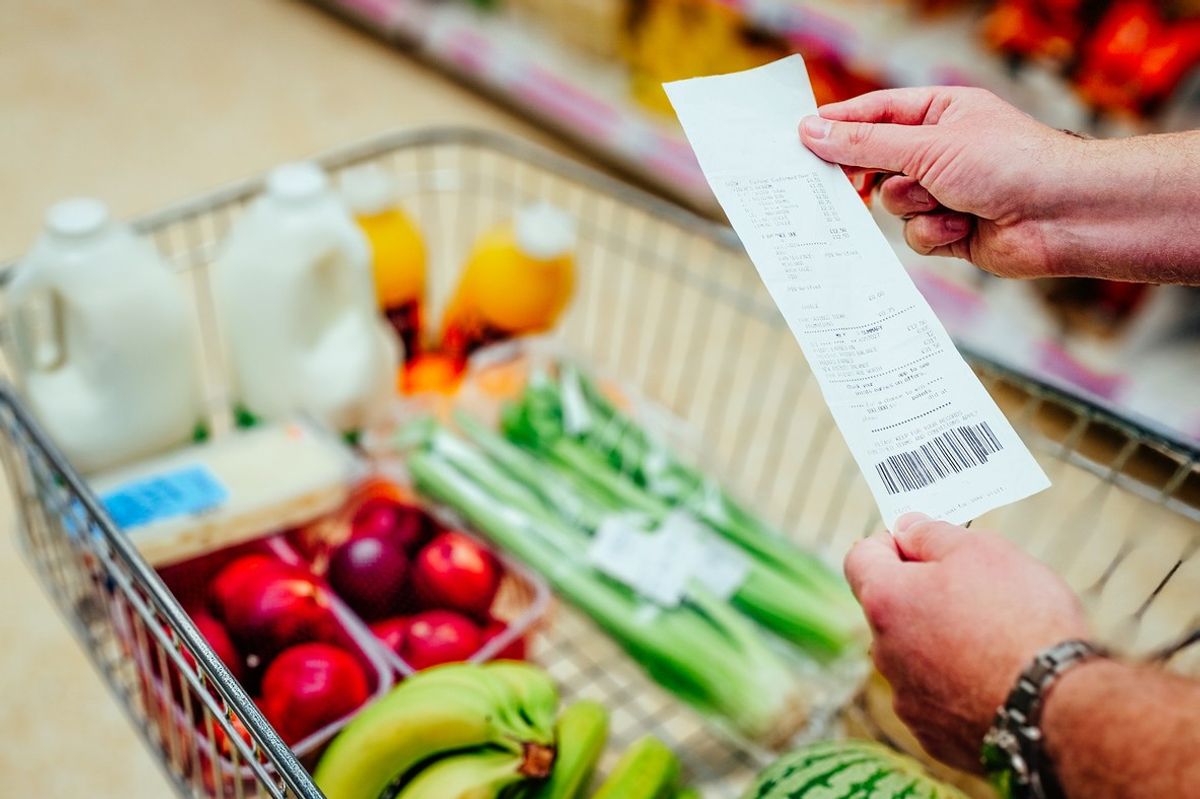Highlights
- BoE links food price rises to wage hikes, NIC changes, and packaging tax.
- BRC warns £7bn in extra retailer costs will hit poorest households.
- FDF calls for no new costs in Autumn Budget.
Bank of England warned that climbing food prices will cause inflation to surge even higher in 2025.
The Bank of England has linked the latest rise in food prices to new packaging regulations, higher labour costs, and recent employment tax changes.
Economists said supermarkets’ overall labour costs had been “disproportionately affected” by the lower threshold for employer National Insurance Contributions, alongside the April 6.7% increase in the National Living Wage announced by Chancellor Rachel Reeves. They warned these “material increases in labour costs” are likely to have fed directly into higher food prices.
Responding to the Bank of England’s comments, Helen Dickinson, Chief Executive at the British Retail Consortium, said, “The Bank of England report outlines how the last Budget continues to push up food prices.
"Government policy will add £7bn to retailer costs this year, from higher employment costs to the introduction of a new packaging tax. Food prices have already been climbing steadily, and the BRC has warned this is only the beginning.
"Budget-Driven Costs Are Fueling Food Inflation If the Autumn Budget once again lands on the shoulders of retailers, then it will only serve to fan the flames of food inflation – with poorer families being hit the hardest by the Treasury’s decisions.
“While retailers are doing everything they can to shield their customers from rising prices, their ability to absorb further costs is extremely limited. If government goes ahead with its planned higher business rates threshold for 4,000 larger stores – including many supermarkets – then it will be ordinary households who suffer the most.”
Food and Drink Federation (FDF) Chief Executive Karen Betts also sounded the alarm, noting inflation in the sector “shows no signs of easing” as global energy and commodity prices climb again. She warned that rising costs from taxes and regulation, such as the packaging levy and increased NICs, are making UK food production “more and more expensive to do”.
Betts urged the government to cut red tape and commit to no further cost increases for the sector in the upcoming Autumn Budget.


